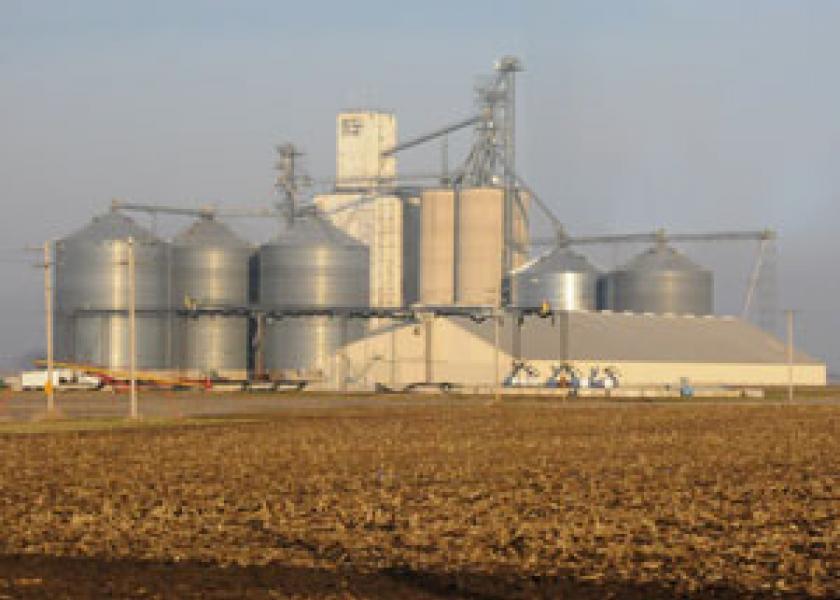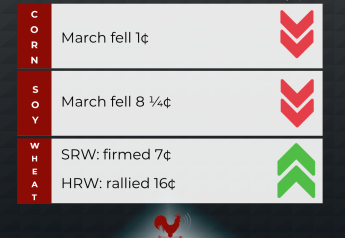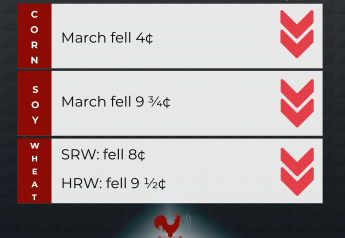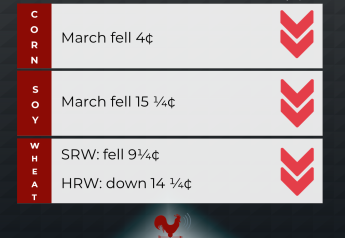Germany Says Ag-Based Biofuels Not Only Way to Reduce Emissions

The European Union has agreed on a 7% cap for food-based biofuels. Germany is seeking to reduce that figure further – most recently to 4.4% – and now is looking to take it even lower, with the agriculture ministry saying it is working on new legislation to achieve this goal.
Last Friday, German paper Augsburger Allgemeine Zeitung (AAZ) reported Germany’s Environment Minister Steffi Lemke was working with the agriculture ministry on such a limit as “agricultural land is needed for food, as the war in Ukraine dramatically shows us.”
Sign up for Pro Farmer reports delivered to your inbox.
“Corn, rapeseed or soy are not the only way [to cut CO2 emissions]. Fuel makers can use synthetic and waste-based biofuels, electricity and green hydrogen,” a ministry spokesperson said, commenting on a the AAZ report that Germany would further cap production of agricultural fuels. The spokesperson said Lemke’s plans to further limit use of food products in biofuels was a “logical next step” but declined to give more details on the scope and timeline of the proposed changes.






